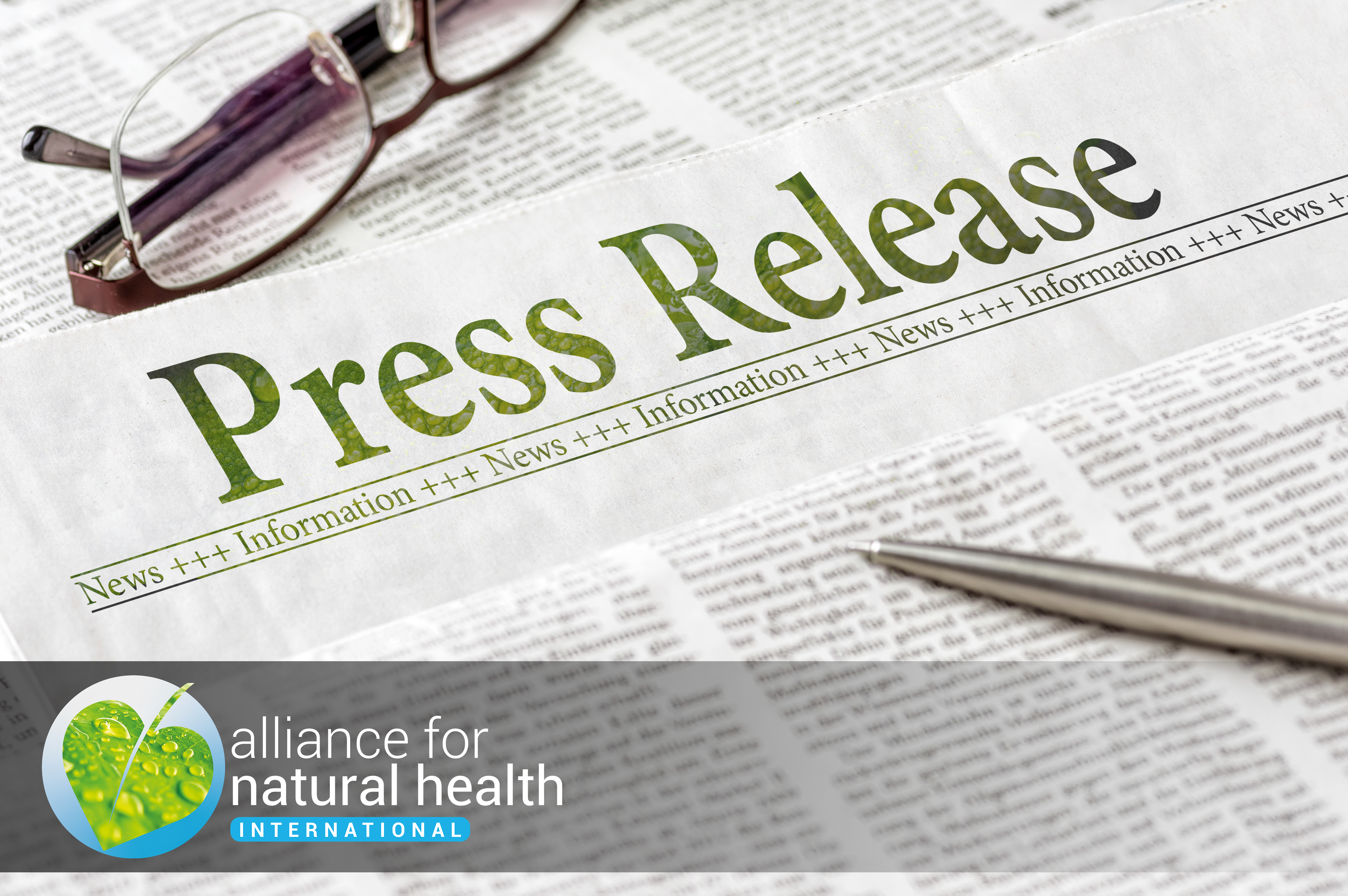The Roadmap provides an excellent vehicle for the Commission to engage with the citizens and concerned organisations across the EU to fully discuss and objectively explore concerns around the safety of vaccinations.
Vaccination is a form of medical treatment. International and European Union human rights law [1] requires that everyone, with very limited exceptions, must give consent before receiving a medical treatment. Informed consent means that all relevant information should be available before someone is asked to decide about their own, or their child’s, vaccination. This should include the known benefits and risks, as well as any alternatives, to the proposed treatment.[2]
In most cases, this simply doesn’t happen. Members of the public, parents and children are instead generally told by health authorities, doctors or nurses that vaccines are both safe and effective. These views are not supported by the available scientific facts and amount to the public being misled meaning that consent is often misinformed rather than informed.
Health authorities responsible for communicating vaccine safety have been found to conceal information that is of paramount relevance to public health. This has been shown in the UK,[3] Sweden,[4] the USA [5] and in other countries.[6]
While the risk of permanent injury from vaccines following any single vaccination is small, the overall risk of the full vaccination schedule to any child is not well understood and thousands of people have suffered long-term injuries and even death that have been attributed to vaccinations by courts in the USA and elsewhere.
Vaccine manufacturers have made governments liable for vaccine injuries through compensation programs that have now been established in 29 countries [7]. In the USA, $3.5 billion has been paid out in compensation as a result of vaccine injury since 1988.[8] This includes 16,616 cases of vaccine injury and 1,219 vaccine-related deaths, of which 993 injuries and 59 deaths are from the MMR vaccine alone. The UK government is presently trying to appeal a court decision in order to relieve itself of liability from vaccine injuries linked to the Pandemrix swine flu vaccine.[9]
There are over 1300 cases in the USA where compensation has been paid to people who have suffered vaccine-related brain damage (encephalopathy).[10] Serious gastrointestinal reactions have been found to be related to certain vaccines, including rotavirus.[11]
Vaccine side effects are classified by government regulators according to frequency as follows: ‘Very common’ (≥1/10), ‘common’ (≥1/100 to <1/10), ‘uncommon’ (≥1/1,000 to <1/100). The known rates of side effects, that may be underreported in clinical trials conducted by vaccine manufacturers, are generally not communicated to parents or children. Examples of reported side effects in EU licensing authorisations for Cervarix, Gardasil and MMR are referenced below.[12, 13, 14]
Given the very high number of children vaccinated each year, large numbers of children can be seriously and unpredictably affected even when side effects are considered ‘uncommon’, with children sometimes suffering long-term, debilitating or even life-threatening illnesses.
Governments, health authorities and health professionals have a duty of care to communicate all available, relevant information to parents, guardians or children prior to vaccination consent being given.
ANH-Intl would be pleased to come to the table as a part of such discussions and to further the Commissions understanding of such concerns.
References
- Article 3(2)(a), Charter of Fundamental Rights of the European Union. http://eur-lex.europa.eu/legal-content/EN/TXT/PDF/?uri=CELEX:12012P/TXT&from=en
- Understanding informed consent – a primer (FindLaw®): http://healthcare.findlaw.com/patient-rights/understanding-informed-consent-a-primer.html
- Gallagher P, “Thousands of teenage girls report feeling seriously ill after routine school cancer vaccination”, The Independent. http://www.independent.co.uk/life-style/health-and-families/thousands-of-teenage-girls-report-feeling-seriously-ill-after-routine-school-cancer-vaccination-10286876.html
- ANH-Intl, “Swedish cover-up of HPV vaccine side effects—and more”, 4 Nov 2015. http://anhinternational.org/2015/11/04/swedish-cover-hpv-vaccine-side-effects
- Beck, S. “Vaxxed: Why we should be allowed to watch the movie.” 22 Feb 2017. http://anhinternational.org/2017/02/22/vaxxed-allowed-watch-movie
- ANH-Intl. “It’s official: HPV vaccine, the most dangerous vaccine yet.” 18 Jan 2017. http://anhinternational.org/2017/01/18/official-hpv-vaccine-vaccine-dangerous-yet
- Looker C, Kelly H. “No-fault compensation following adverse events attributed to vaccination: a review of international programmes”. Bulletin of the World Health Organization 2011; 89: 371-378. http://www.who.int/bulletin/volumes/89/5/10-081901/en/
- HRSA, Vaccine Injury Compensation Data, updated 1 Feb 2017. https://www.hrsa.gov/vaccinecompensation/data/vicpmonthlyreporttemplate2_1_17.pdf
- UK Department of Work and Pensions case with Pandemrix (2017): https://www.hja.net/press-releases/dwps-pandemrix-vaccine-injury-appeal-set-impact-future-compensation-claims
- Attkisson S. “Vaccines, Autism and Brain Damage: What's in a Name?” CBS News, 14 Sept 2010. http://www.cbsnews.com/news/vaccines-autism-and-brain-damage-whats-in-a-name/
- Geier DA, Geier MR. Gastrointestinal reactions and rotavirus vaccination based upon analysis of the Vaccine Adverse Events Reporting System (VAERS) database for 1999. Hepatogastroenterology. 2004; 51(56): 465-9. https://www.ncbi.nlm.nih.gov/pubmed/15086184
- Cervarix EU marketing authorisation: http://ec.europa.eu/health/documents/community-register/2011/2011022198968/anx_98968_en.pdf
- Gardasil EU marketing authorisation: http://ec.europa.eu/health/documents/community-register/2010/2010081885368/anx_85368_en.pdf
- MMR EU marketing authorisation: http://www.ema.europa.eu/docs/en_GB/document_library/EPAR_-_Product_Information/human/000604/WC500030170.pdf




